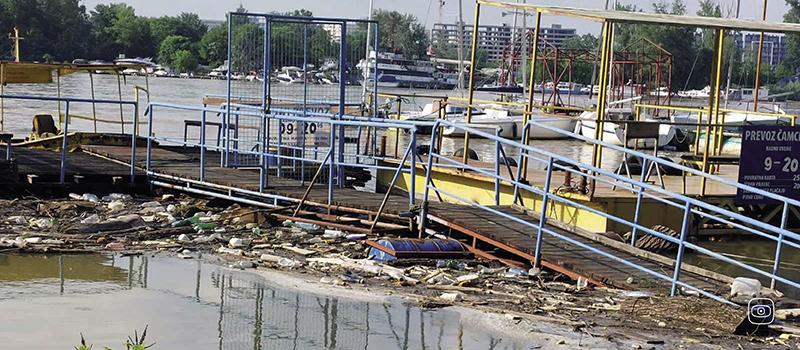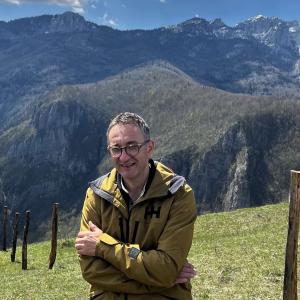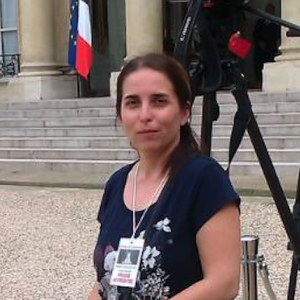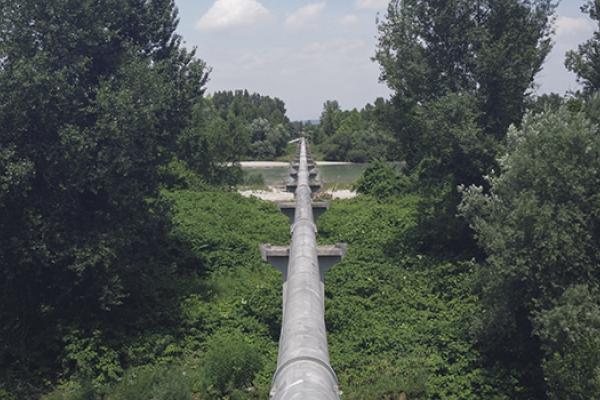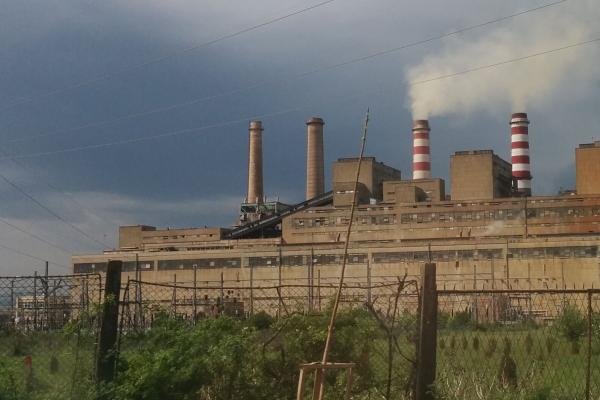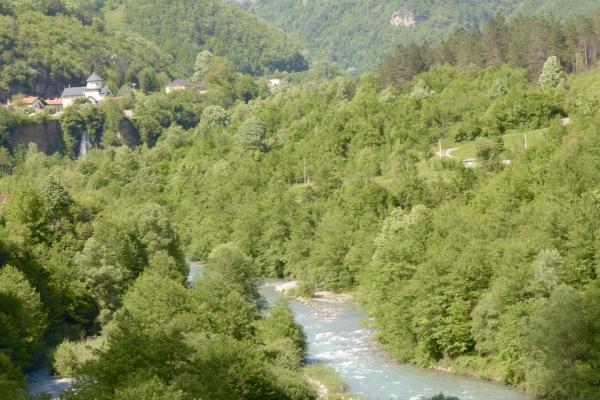Bosnia and Herzegovina still did not adopt its National Energy Climate Plan which means that measures for energy transition are being implemented non-systematically and without clear deadlines, especially when focusing on abandonment of coal, one of the major air pollutants in the region. North Macedonia's cities are among the most polluted cities in Europe while authorities claiming there are no quick solutions.
The example of Sofia, the capital of the nearby EU member proves otherwise: not only that there are rapid solutions available, but they also may yield tangible results within just a few years. 13,000 wood and coal stoves in Sofia's residents houses were replaced for free by free heat pumps were provided. Through the use European funds, a complete change in the way households are heated has been implemented. The use of wood and coal will be banned from 2029.
Slovenia also boasts of very good examples of closing its old coal thermal power plants and turning to green energy sources like solar and wind power. The infamous Yugoslav thermal power plant of Trbovlje was closed despite strong opposition from the local population who worked there. All relevant lists ranking countries by degree of sustainabilty put Slovenia today at the very top. In the last sustainability competitiveness index report this country was number one in the world's economic sustainability table which makes it an ideal role model for all the countries in the Western Balkans in reaching their sustainability and fulfilling their goals of green energy transitions.
In Serbia, slightly more than half of the population is connected to sewage networks, and about 18 percent of the population is covered by municipal wastewater treatment. Out of the 43 wastewater treatment plants in Serbia, only 32 are operational. When the Danube enters Serbia, not much attention is paid to what is discharged into it. In addition to sewage and industrial wastewater, pollution also reaches tributaries. Although there have been plans for the construction of a treatment plant in Belgrade for half a century, none of the five planned has been built yet, not even the largest one that was started long ago in Veliko Selo, and whose construction should soon continue.
On the other hand, wastewater collection and treatment is improving across Europe, according to data from the European Environment Agency. Austria, Germany, Luxembourg and the Netherlands treat 100 percent of their municipal wastewater. The Austrians started building sewage treatment plants in the middle of the last century and are constantly improving them which can be something Western Balkan countries can learn to apply in resolving their water management issues.
The resulting stories have been provided to the Eurovision News Exchange for Southeast Europe - ERNO, thus making them available for usage to all 75 media organisations, EBU members, in Europe and wider, and also broadcasted by their host Public Service Media organisations in the central news programs and in special ecological shows dedicated to environmental problems.
